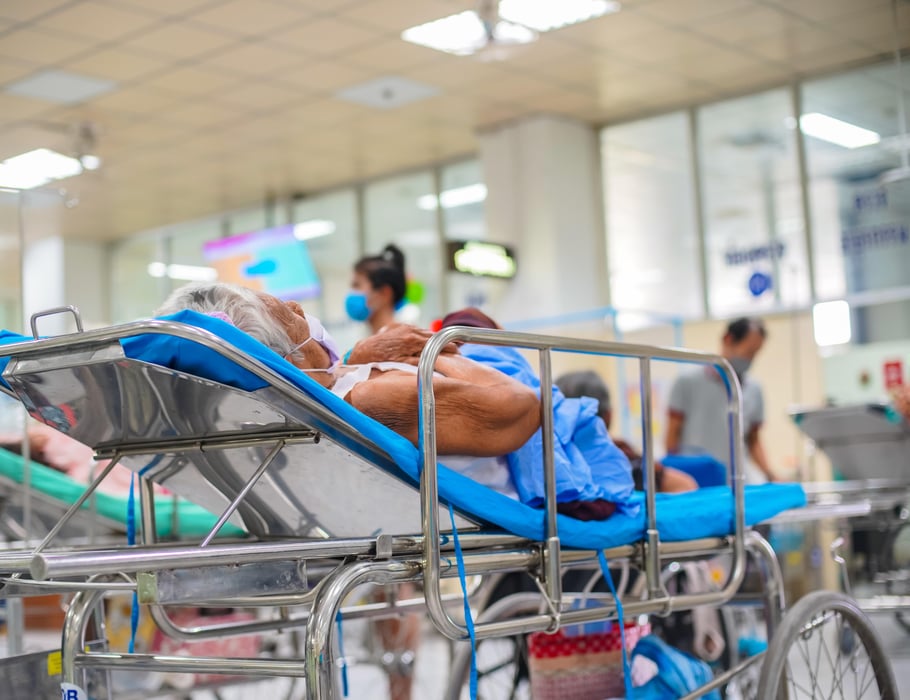Thorough Medication History in ED Cuts Med Discrepancy Rates

FRIDAY, March 31, 2023 (HealthDay News) -- System- and patient-level interventions, including taking a best possible medication history (BPMH) in the emergency department, can reduce medication discrepancy rates, according to a study published online March 22 in BMJ Quality & Safety.
Jeffrey L. Schnipper, M.D., M.P.H., from Brigham and Women's Hospital in Boston, and colleagues conducted a study involving 4,947 patients at 17 North American hospitals that participated in the second Multicenter Medication Reconciliation Quality Improvement Study. The association of each system- and patient-level intervention on the adjusted number of medication discrepancies per patient in admission and discharge orders was analyzed.
The researchers found that patient exposure to seven of the eight system-level component categories was associated with modest but significant reductions in discrepancy rates (adjusted rate ratios [ARRs], 0.75 to 0.97), as were 15 of 17 individual system-level intervention components, including hiring, reallocating, and training personnel to take a BPMH and training personnel to perform discharge medication reconciliation. Independent associations were seen for receipt of five of seven patient-level interventions with large reductions in discrepancy rates, including receipt of a BPMH in the emergency department by a trained clinician and admission and discharge medication reconciliation (ARRs, 0.40, 0.57, and 0.64, respectively). The lowest discrepancy rates were experienced by patients who received both a BPMH in the emergency department and discharge medication reconciliation by a trained clinician (ARR, 0.08 per medication per patient).
"These findings provide specific guidance that hospitals and health systems can use to improve medication safety and protect patients from discrepancies," Schnipper said in a statement.
One author disclosed financial ties to Synapse Medicine.
Abstract/Full Text (subscription or payment may be required)
Related Posts
Overestimation of Oxygen Saturation Leads to Delayed COVID-19 Treatment
THURSDAY, Aug. 31, 2023 (HealthDay News) -- Overestimation of oxygen saturation...
La FDA comenzará a regular miles de pruebas de laboratorio
LUNES, 2 de octubre de 2023 (HealthDay News) - Frente a crecientes informes de...
AHA News: ¿Frescas o congeladas, silvestres o cultivadas? Lo que debemos saber sobre las moras azules y la salud
JUEVES, 28 de julio de 2022 (American Heart Association News) -- No andemos por...
El trastorno por el uso de opioides es igual de letal que un ataque cardiaco, según un estudio
LUNES, 20 de septiembre de 2021 (HealthDay News) -- Los adictos a los opioides...
